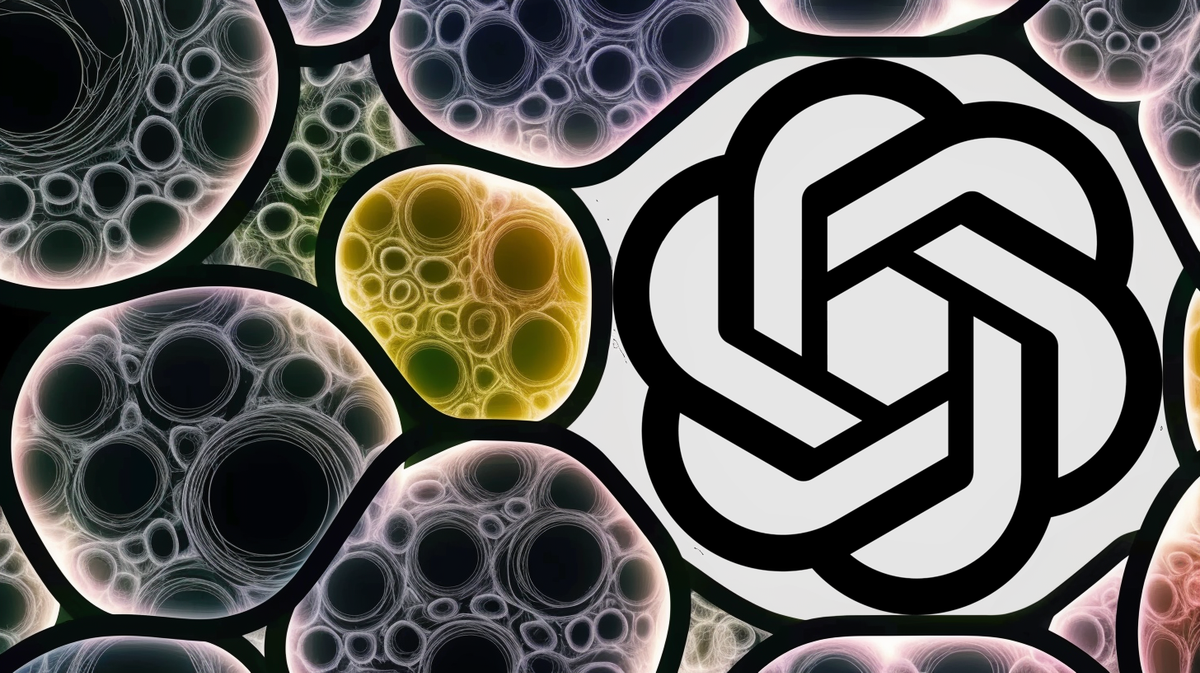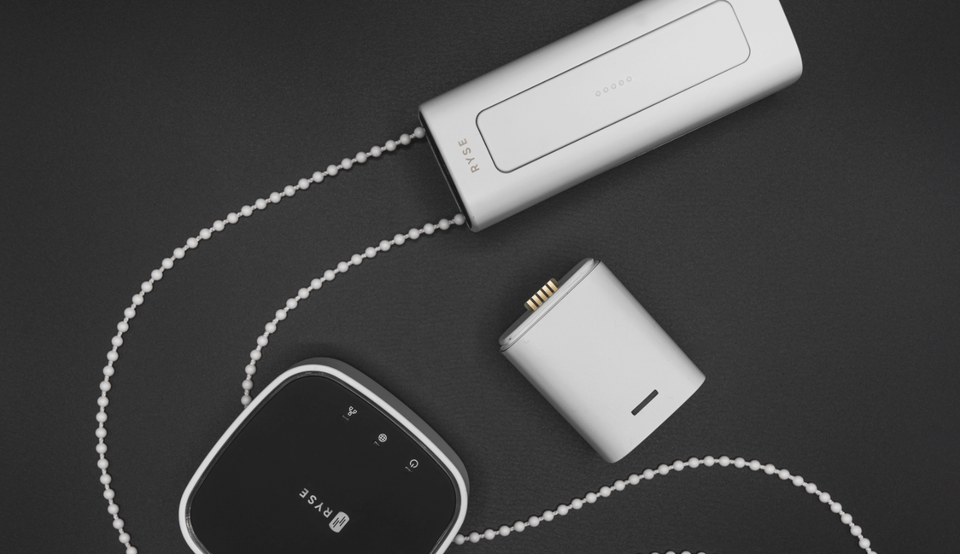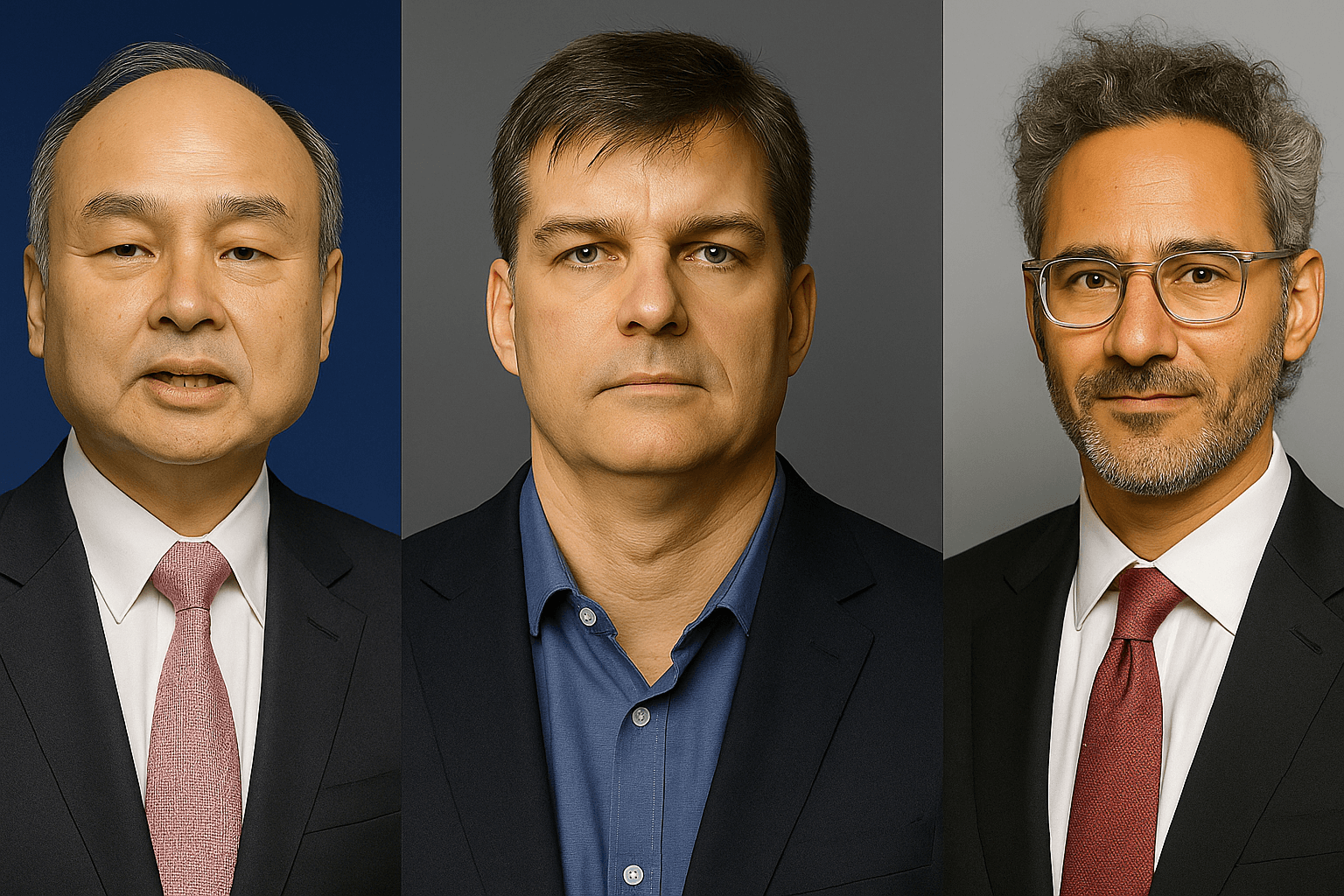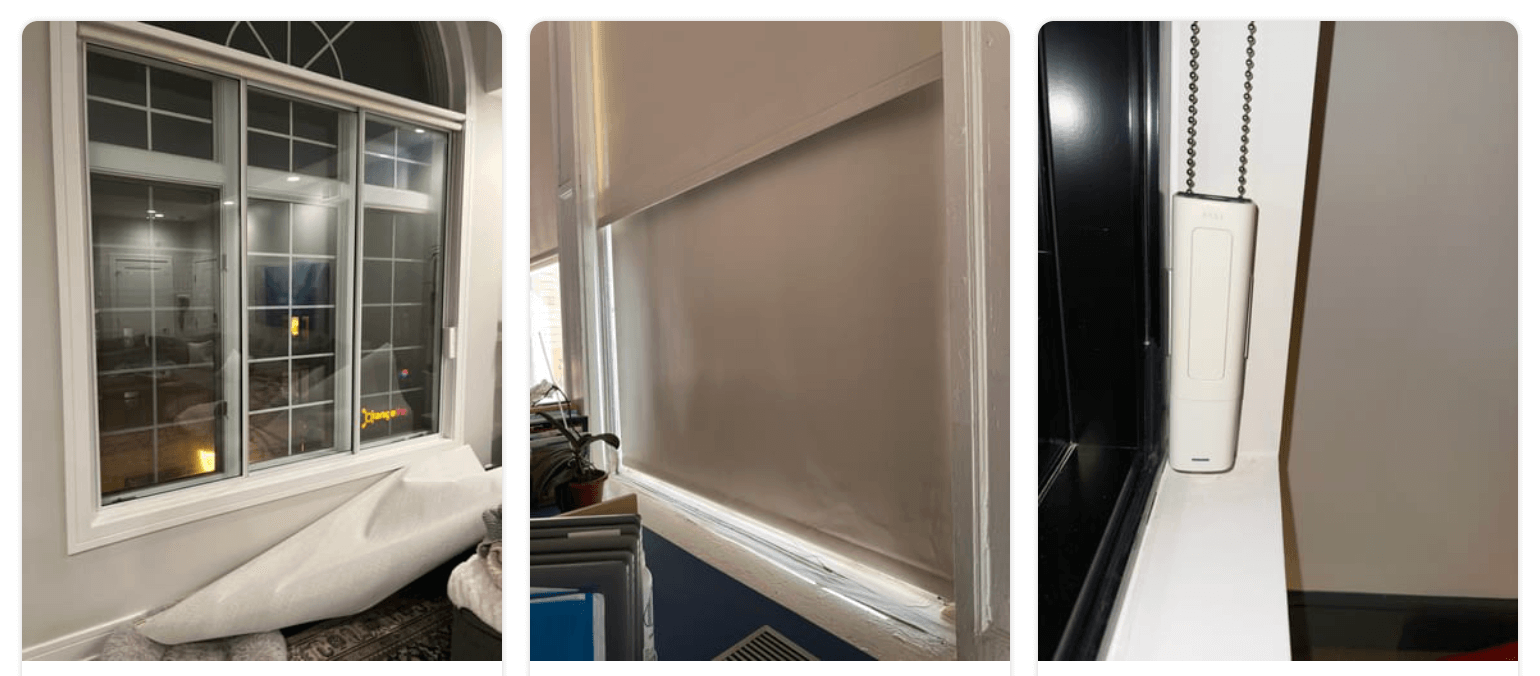AI Cracked the Code to Reverse Aging?


OpenAI and Retro Biosciences just built an AI called GPT-4b micro. Unlike the AI you use to write emails or cheat on homework, this one doesn’t care about words or cat pictures. It was trained only on biology stuff like protein sequences and 3D structures.
It redesigned a couple of proteins that make old cells act young again. In lab tests, it worked so well that scientists basically watched grumpy old cells turn into energetic teenagers, minus the bad attitudes and TikTok addictions.
I get it, this sounds like another overhyped science headline. “AI reverses aging.” Why should you care? Here’s why. Normally, scientists would spend years testing thousands of protein combos like chefs guessing soup recipes blindfolded.
GPT-4b micro just walked into the kitchen, threw in two ingredients, and made Michelin star biology in a fraction of the time. That’s why this is a big deal.
OpenAI and Retro want AI to design cures, not just assist with lab work. Their competition is anyone else racing to crack aging and disease, from Google’s DeepMind to biotech startups and pharmaceutical giants that usually take twenty years to get one drug approved.
By redesigning proteins like SOX2 and KLF4, which are already used to reprogram adult cells, this AI basically said to human researchers, “Thanks for trying, but I got this.” If you’re Big Pharma, that’s the equivalent of being smoked by a nerdy intern who solved in one day what you’ve been working on since the early 2000s.
If you’re a CEO or Founder, it could mean faster, cheaper therapies that change your entire industry. If you’re a manager, it means your team might actually get lifesaving tools before they retire.
If you’re just an average American, it could one day mean treatments that keep you healthier longer. Imagine your grandma showing up to Thanksgiving looking younger than your mom, or your uncle bragging that his new AI proteins have him running marathons at 90. That is either inspiring or nightmare fuel, depending on how you feel about family reunions.
For communities, this could be revolutionary. We’re talking regenerative medicine, curing blindness, fixing organs, and maybe even slowing aging itself. On the flip side, imagine trying to explain to your 105-year-old boss why they still cannot manage Slack. Living longer sounds great until the guy who refuses to mute himself on Zoom meetings now gets another fifty years of doing it.
This is the moment AI stopped being a helpful lab assistant and started acting like Dr. Frankenstein, only with way better results. The real question is not whether it works; it is whether society is ready to deal with the fallout of people sticking around much longer than we planned.
If AI could really make you or someone you love biologically younger, would you take it, or would you rather let nature run its course? How would this affect you, your job, or your community? Tell me, because the idea of your great-grandpa showing up on Tinder at 118 is too much for me to process alone.
- Matt Masinga
*Disclaimer: The content in this newsletter is for informational purposes only. We do not provide medical, legal, investment, or professional advice. While we do our best to ensure accuracy, some details may evolve over time or be based on third-party sources. Always do your own research and consult professionals before making decisions based on what you read here.




